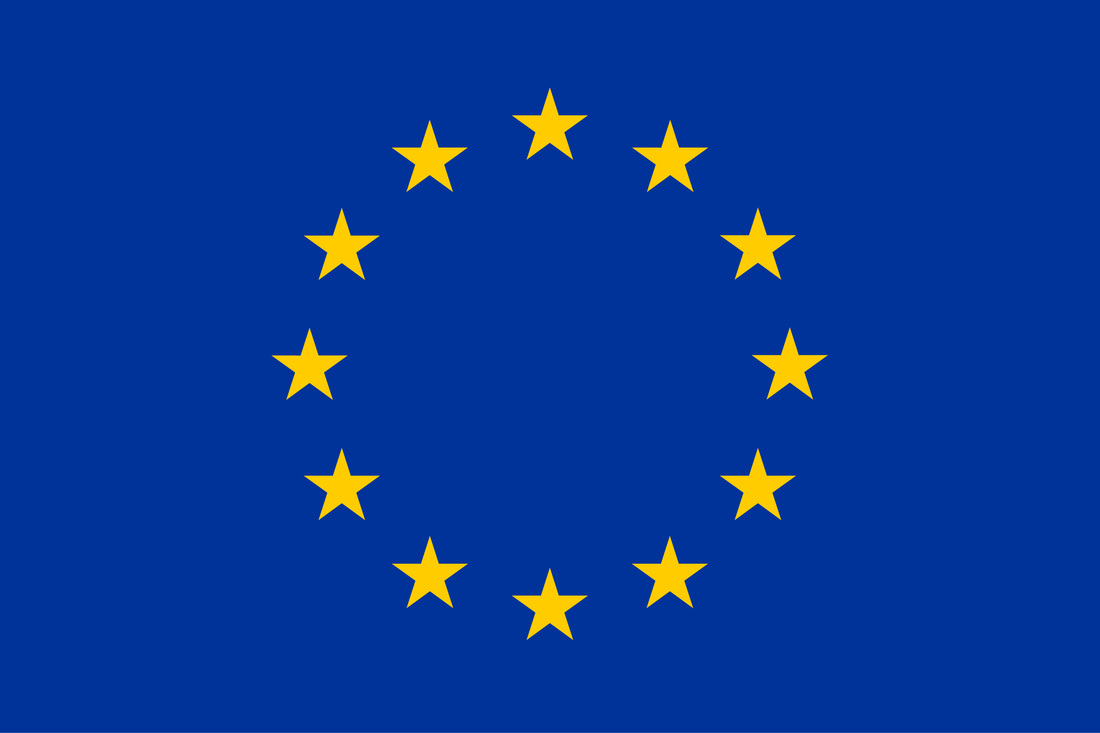|
QSV Group will be participating in the Global ABS conference in Barcelona from 14 to 16 June 2016. This is the 20th anniversary of an event that brings together more than 4,000 investors, analysts, investment structuring specialists, lawyers, tax advisors, regulators and other professionals to discuss the state of the securitisation industry and to promote the role of a properly-functioning securitisation market in restoring economic growth and prosperity.
Kieran Desmond, Managing Director, QSV Group's Irish office will be attending. If you would like to meet up at the conference, please get in touch by email: [email protected] or by phone: +35316491988. For more information about Global ABS 2016, please go to www.imn.org Hope to see you there!
0 Comments
After years of discussion and debate, the European Commission put forward proposals to promote 'simple, transparent and standardised' (STS) securitisation in September 2015. The main objectives were:
On 10 March, the ECB responded to worryingly low European growth and the growing prospect of several months of negative European inflation by cutting its main refinancing rate to zero and expanding its quantitative easing program. These are new dramatic, unprecedented steps in the battle to urgently revive growth in Europe. In sharp contrast, the European Parliament is not in a hurry to progress the STS legislation. Paul Tang, the Dutch member of the European Parliament’s socialist group, who is heading the review of the STS proposals, has set out a timetable that will see the Parliament voting on the STS proposal at least nine months from now, in December 2016. In view of the current state of the European economy and the paucity of funding available to SMEs, many will regard this long delay as irresponsible and unacceptable. The institutions of the European Union need to act together effectively, decisively and with agility in times of crisis. If not, the likelihood that Europe will break apart will surely increase further. European Collateralised Loan Obligations (CLOs) securitise European corporate senior secured loans, providing a valuable alternative source of funding when banks are trying to re-capitalise, or expand their lending activities. In Europe, this route is particularly important because 80% of total long-term lending to corporates is through banks, whereas bank lending represents only about 20% of total financial intermediation in the U.S.
European CLOs issued prior to the financial crisis (known as 1.0 CLOs) proved very robust during the downturn and experienced extremely low default rates - far lower than their US counterparts. This success is due in part to conservative structuring but also to active portfolio management. Post-crisis 2.0 CLOs in the US and Europe were self-modified by the market to give even greater comfort to investors, with the structural changes providing for less leverage, less complexity and greater transparency. Given the de-leveraging of European bank balance sheets over recent years, the need for new CLO issuance has never been greater. European corporates urgently need capital to grow their businesses. And yet, EU regulators punished CLOs as well as the broader European securitisation market with relatively indiscriminate, harsh risk-retention measures and capital charges. And, as a final coup de grace, actively managed CLOs are currently excluded from the proposed EU categorisation of high-quality securitisations (known as Simple, Transparent and Standardised securitisations). Where does this leave European corporates? The larger corporates have been able to issue bonds directly in the market. Private equity firms have increased their direct lending activity to larger corporates and the number of direct lending funds has also risen sharply. Yes, this means that European banks’ share of new lending to European corporates is decreasing. However, the total amount of funding available remains woefully inadequate and European SMEs are taking the brunt of the suffering. In contrast, the US actively facilitated the re-building of the US CLO market with a more reflective and cautiously-paced approach to the introduction of new regulatory measures on CLOs. The Barr-Scott bill (titled ‘Expanding Proven Financing for American Employers Act’) will be shortly be sent to the full House of Representatives and the bill proposes reduced risk-retention thresholds for high-quality (qualifying) CLOs, i.e. 5% of the CLO equity rather than 5% of all issued notes. The impressive rebound in US CLO issuance over the last five years has undeniably been a significant contributor to US corporate financing and the US economic recovery, a place where this source of financing receives widespread recognition and support. We all hope that Europe will follow suit. |
AuthorKieran Desmond Archives
December 2017
Categories
All
|




 RSS Feed
RSS Feed